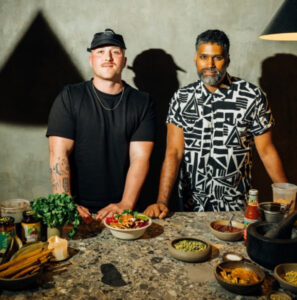National biographer StoryTerrace reveals the power of physical books as they complete over 2,500 stories

In today’s society, many aspects of our everyday lives have turned digital – from connecting with our friends on social media, to supermarket self-checkouts, and the way we access our money through banking apps. The shift to the digital world has also been accelerated by the pandemic, as during the past 18 months, even our everyday social interactions took place over Zoom. But what aspects of our lives have resisted the shift to the digital world and kept their traditional form?
The demand for physical copies of books is also on the rise – especially when it comes to memoirs. National biographer StoryTerrace reveals why Brits prefer real life versions of their stories, as they have now completed over 2,500 unique stories of individuals from all walks of life. Biographies that have been passed down through multiple family generations can also make us feel more connected, due to the knowledge that their hands have held the very same book.
Being able to hold the stories we love is something that Brits significantly value, with 32% saying they feel more immersed in the story of a physical book. Further research from the same study by Oxfam reveals that more than 3 in 10 of us simply read books to learn something new, and 39% do so to feel happy. Documenting our stories in the form of memoirs allows us to learn from previous generations in our families, from their own personal perspective – and the ability to hold this in a physical book is considered an important aspect by many.
Rutger Bruining, Founder and CEO of StoryTerrace, discusses the prominence of tradition in a digital world:
“Technology has permeated most aspects of our everyday lives, which seems to be becoming more prominent over time. The pandemic also made even more aspects of our lives turn virtual, particularly when it comes to spending time with the ones we care about the most as we looked to Zoom calling during periods of isolation. However, it seems that we are starting to see a revival of traditional forms of media we interact with – especially when it comes to books. Despite how digital books are easily accessible, it is clear that we’re not willing to let go of books in their physical form.
We have seen a similar trend occur with memoirs over the past 18 months. Lockdown encouraged many of us to self-reflect, and this led to a boom in the number of people wanting to document their own life stories, with an emphasis on having a physical copy. I hope that the value we place on physical memories like biographies continues for future generations, as it provides a much more engaging way of looking back on our memories.
At StoryTerrace, we saw so many people who have documented their life story become less isolated during the past year, having been imbued with a renewed desire to maintain and develop their personal relationships with family and friends. I think this is something that will make us appreciate our family and friends even more.”




